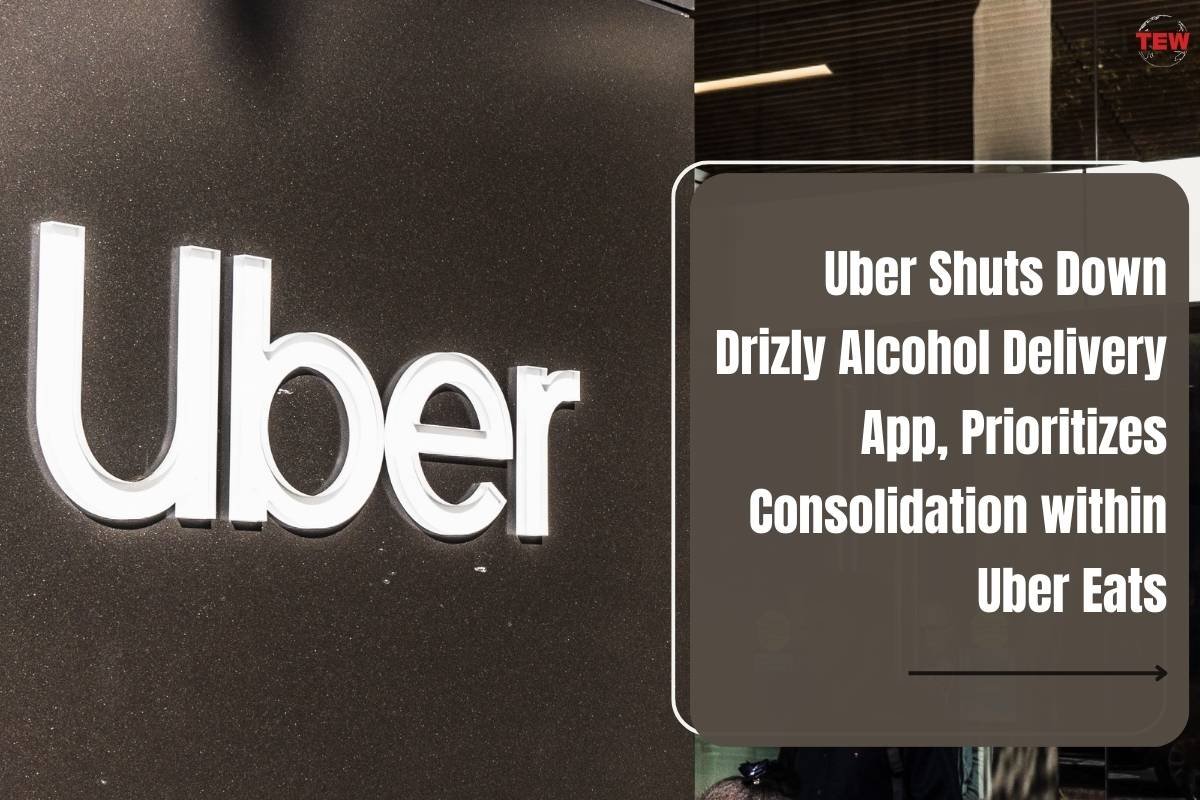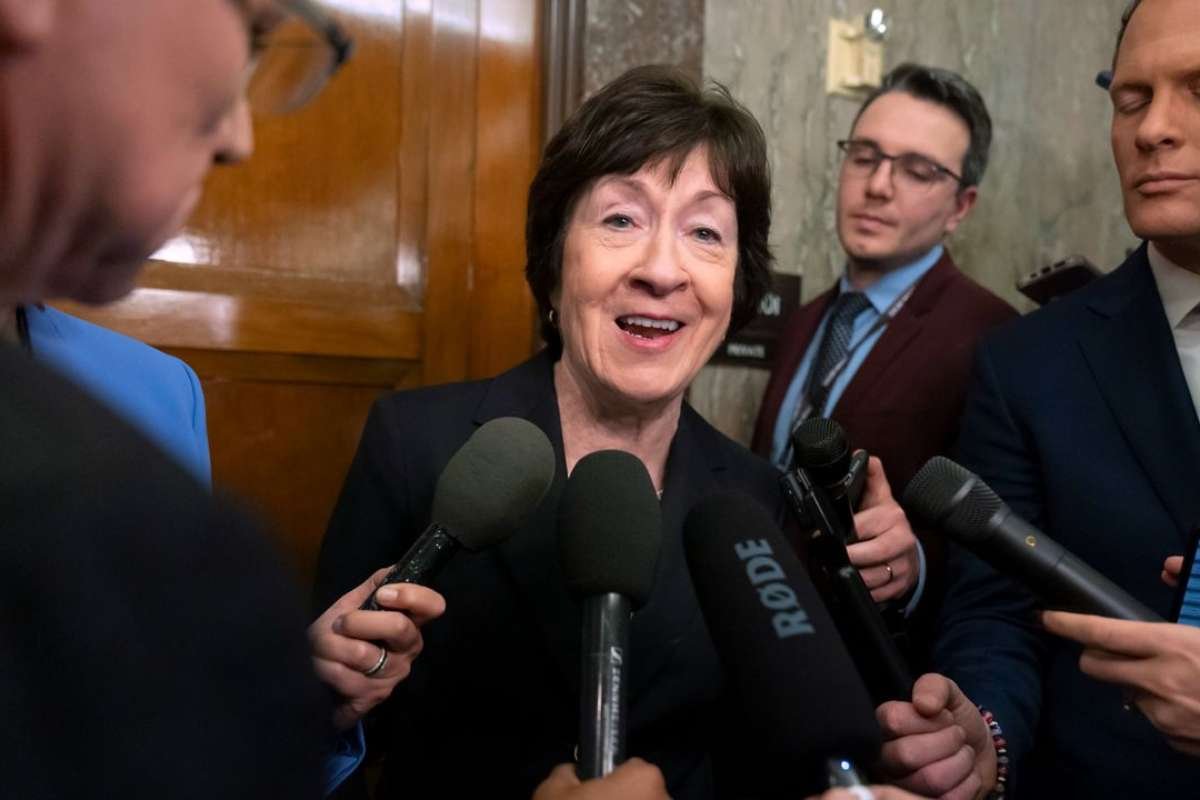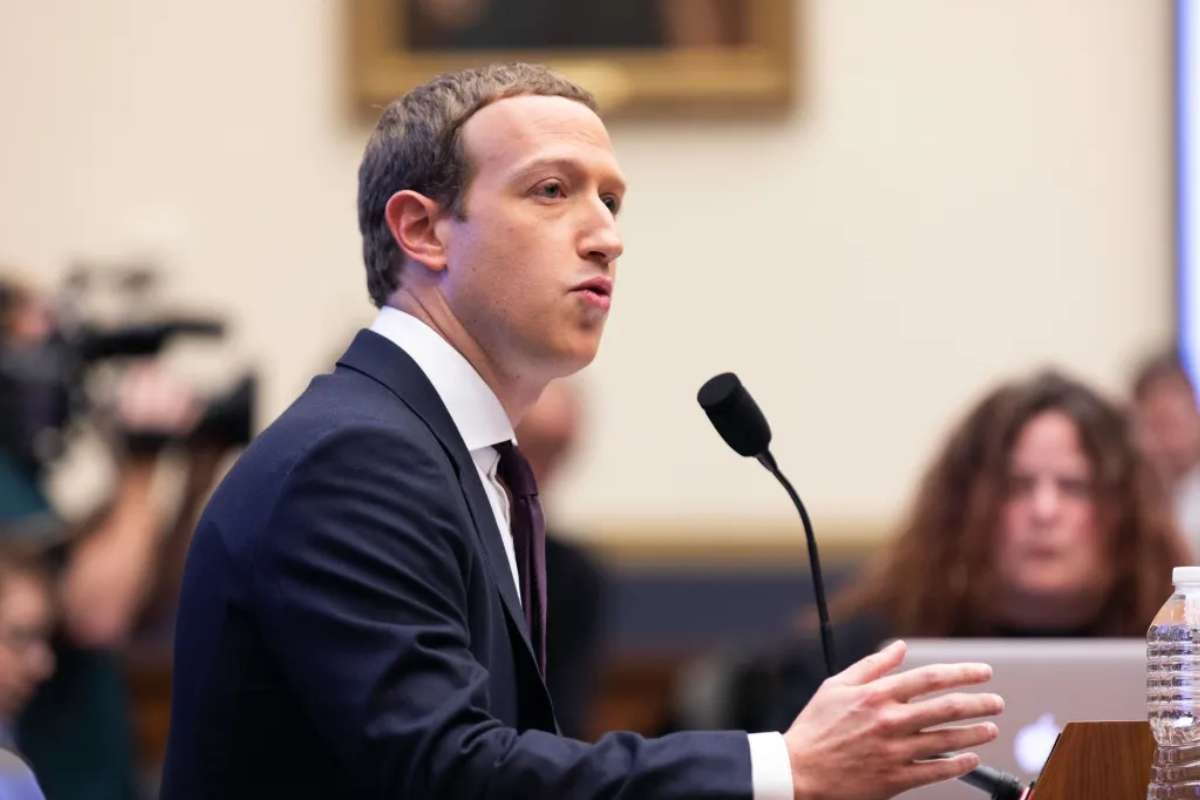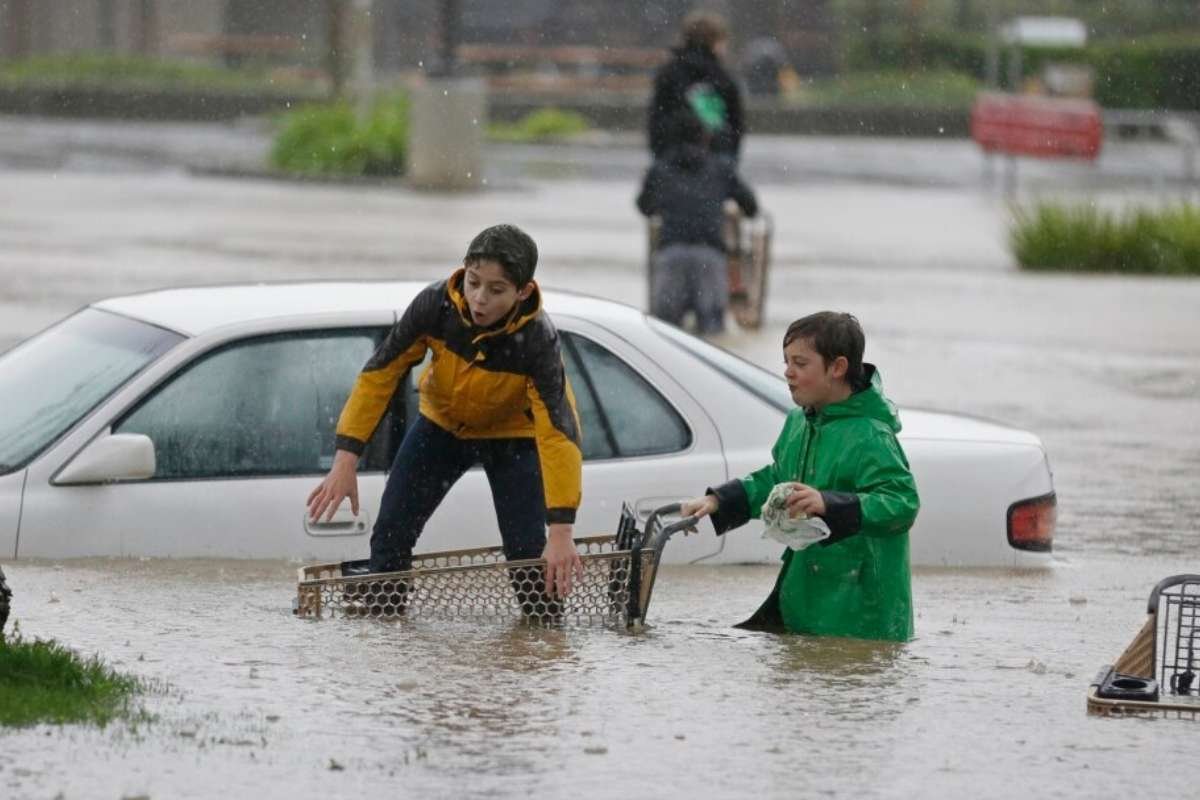(Source – Fox Business)
Uber has announced the closure of its alcohol delivery app, Drizly, just three years after acquiring it for $1.1 billion. Despite Drizly’s significant growth during the pandemic-driven surge in at-home deliveries, it will officially cease operations at the end of March 2024, according to Uber.
Originally positioned as the largest online marketplace for alcohol in North America, Drizly operated as a standalone app. However, as part of Uber’s strategic consolidation, Drizly’s marketplace was intended to be integrated into Uber’s primary delivery app, Uber Eats.
Shedding light on Uber’s rationale behind this move
In a statement, Pierre Dimitri Gore-Coty, Uber’s Senior Vice President of Delivery, emphasized the company’s decision to concentrate on the “core Uber Eats strategy of helping consumers get almost anything – from food to groceries to alcohol – all on a single app.”
As Uber seeks to streamline its product delivery offerings, it has also sunset its grocery shopping app, Cornershop. Nevertheless, groceries and alcohol delivery apps will continue to be available for delivery through Uber Eats.
Expressing gratitude to the Drizly team, Gore-Coty acknowledged their contributions to the growth of the beverage alcohol (BevAlc) delivery category as pioneers in the industry. News of Drizly’s closure was initially reported by Axios, shedding light on Uber’s rationale behind this move. The decision aligns with Uber’s efforts to consolidate its position in the delivery business, following the acquisition of another delivery company, Postmates, for $2.65 billion a few months before Drizly.
Uber is closing its alcohol delivery app Drizly
Uber navigates its evolving business landscape
Uber’s acquisition of Drizly took place during a transformative period for the company. The pandemic-induced shift towards at-home activities led to losses in Uber’s core ridesharing business, while its alcohol delivery app business experienced a surge. While Uber’s ridesharing business has seen a rebound in recent quarters, the closure of Drizly marks a strategic shift for the company. Drizly, with its unique model of providing backend technology for local liquor stores to handle their deliveries, presented challenges within Uber’s broader business structure.
One notable concern was cybersecurity, as Drizly confirmed a hack in 2020 that exposed information on approximately 2.5 million customers. The Federal Trade Commission (FTC) discovered that Drizly had been aware of the security flaw for two years without addressing it, prompting an FTC order restricting the types of customer information that Drizly could collect and retain. As Uber navigates its evolving business landscape, the closure of Drizly underscores its commitment to optimizing resources, enhancing efficiency, and focusing on the core offerings within Uber Eats.





